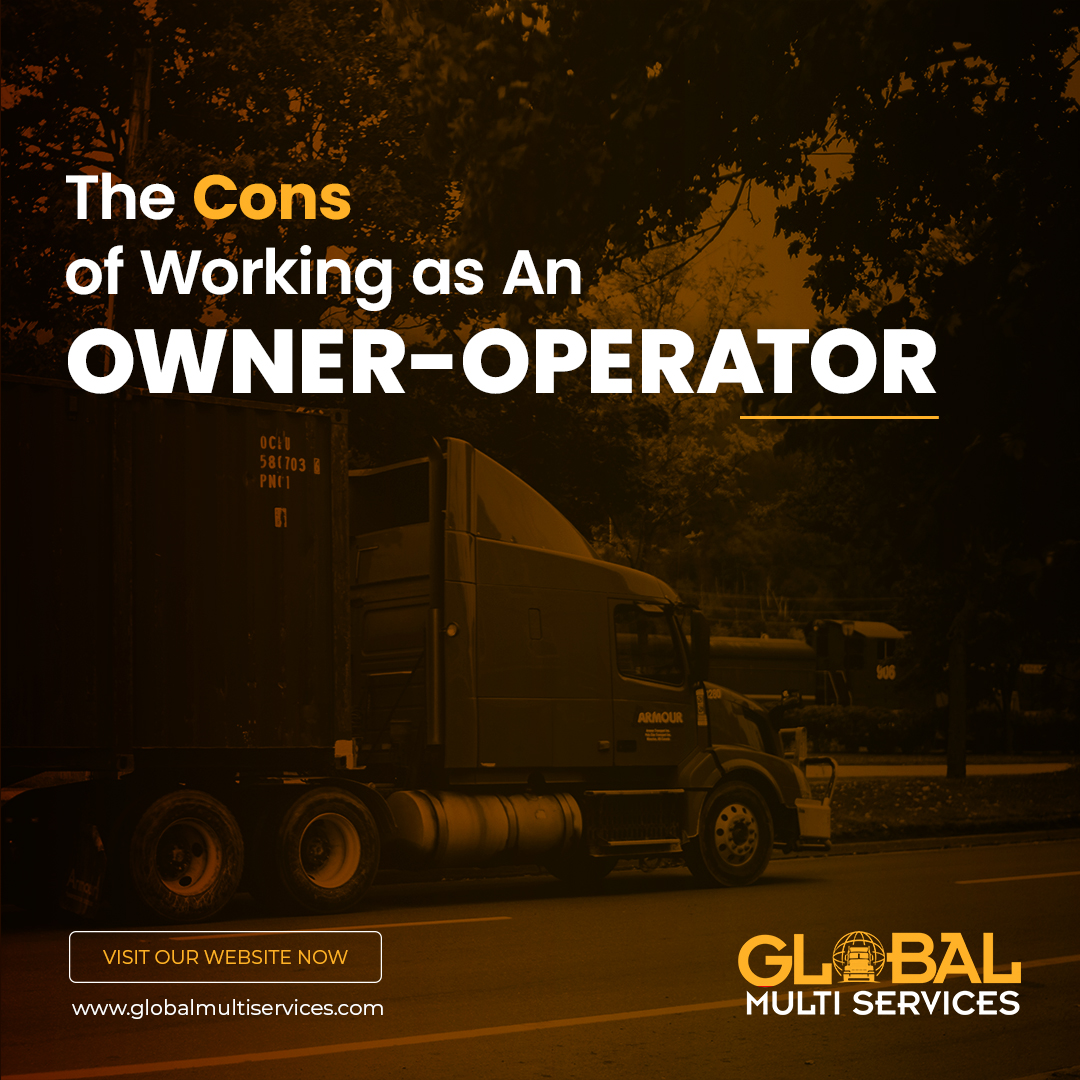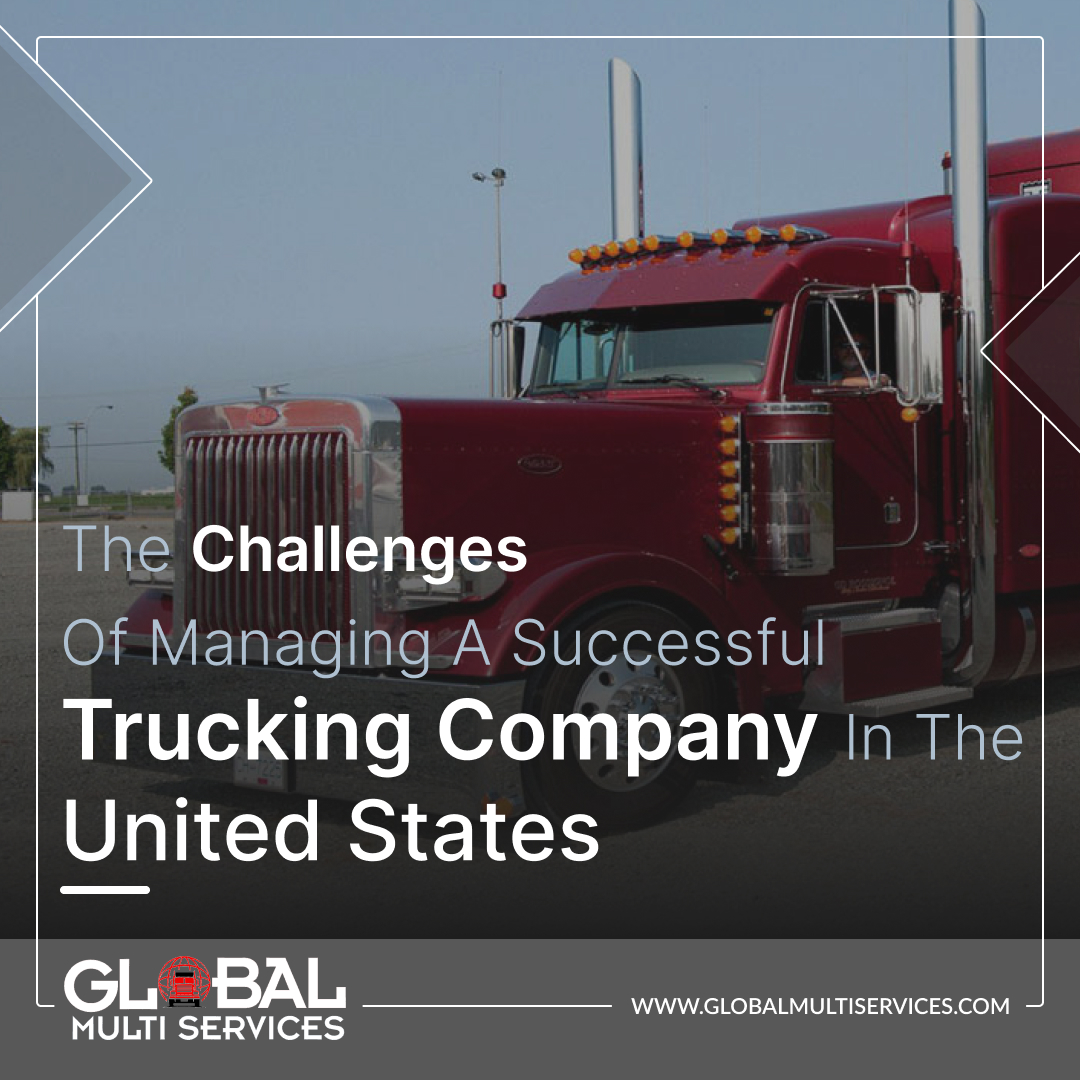Retaining your drivers is one of the best ways to keep your trucking business running successfully. Truck driving is a challenging lifestyle. Truck drivers give up most of their family time, driving for long solitary days with limited access to healthy food options.
Also, they often feel disrespected by other drivers on the road and their employers. These challenges make many of them quit their job, making it difficult for trucking companies to find qualified truck drivers.
Additionally, trucking companies with truck drivers find it hard to retain them. This is due to the truck driver shortage that the United States is currently experiencing.
Although finding and retaining truck drivers is no easy feat, commitment and making your drivers a top priority can change everything. Continue reading as Global Multi Services explain the modern ways to find truck drivers and retain them.
HOW TO FIND TRUCK DRIVERS
TARGET OTHER DEMOGRAPHY
According to statistics, the average number of new truck drivers is around 35years. But that does not mean you should only target the demographic. Consider underrepresented groups like female drivers, who comprise less than 10% of truck drivers, according to the ATA.
RECRUIT YOUNG DRIVERS
Recruiting young drivers is the key to long-term success as older drivers retire. You can recruit them through training programs, mentorships, or local outreach. But the only downside to these is the issue with insurance carriers’ driver eligibility.
USE MULTIPLE PLATFORMS
One of the best ways to find truck drivers is by being visible. That is why it is paramount to post your listing in many places. Here are a few platforms to post your visibility.
Company Website
Your website is one of the most suitable places to advertise job openings. Have the following sections on your website.
- The “Apply” section should be in the headers of your website.
- Job description and application process
Social Media
Social media platforms are an efficient place to use in the hiring process. According to statistics, 80% of people use social media to search for job postings. Additionally, 90% of companies use it to recruit employees.
Social media can be challenging to maintain when using all the platforms. Therefore, choose two or three platforms. LinkedIn and Facebook are common recruiting platforms. You can start with them and add more later.
Job posting board
Job posting boards advertise openings in your company and increase the likelihood of finding the best candidates. Some posting boards are only for truck drivers. Here are a few job posting boards:
- Flex Job
- Google for job
- Every Truck Job
- Truck Driver Job 4all
- CDL Jobs
MAKE THE APPLICATION EASY
We all know information is important when hiring someone. But, getting all that information during the first application process is unnecessary. No one enjoys filling in endless applications, and potential employees might move to another company if your application is too long or complex. Therefore, keep your applications easy, short, and straightforward.
EMPLOYEE REFERRAL PROGRAM
Your current truck drivers and staff are the most valuable resources when considering how to find truck drivers. Many of them know someone fit for the job prescription. So, creating an employee referral program makes it easy to suggest candidates. But it must come with a referral reward for these to work.
TIPS FOR RETAINING TRUCK DRIVERS
INCREASE PAYMENT
Every employee is at work to make a living. So, how much you pay your drivers determines if they will work in your company. Therefore, offering more per mile, incentives for meeting specific goals, and other significant benefits is paramount.
COMPENSATE YOUR DRIVERS
Compensating your drivers motivates them to work smarter and stay loyal to you. You can create a list and categories. For example:
- The most professional and dependable drivers
- The best fuel mileage and pre-trip inspection
These improve your business and increase your driver’s pocket. You can also consider providing a gym membership. That means they do not have to pay for one out of their paychecks.
OBTAIN NECESSARY PERMIT
Permits are mandatory for trucking companies operating intrastate or interstate. It prevents illegal operations and ensures truck drivers adhere to government regulations. Obtaining all the necessary permits like UCR Permits, IRP Plates, and Motor Carrier Permits allows your drivers to haul across multiple states without detention.
PRIORITIZE THEIR HEALTH
According to CDC reports, long-haul truck drivers are likely to be chronic smokers, obese, and develop high blood pressure and diabetes. Sadly, these lead to serious health complications and deaths.
Prioritizing your trucker’s health encourages them to live healthier and partake in more physical activities. Here are several ways to help them:
- Organizing health training
- On-site gyms or providing memberships for external gyms.
- Giving incentives to truckers that quit smoking or lose weight.
- Encouraging cooking rather than eating fast food.
These steps make them feel valued and help them stay longer with your company.
REGULAR HOMETIME
Drivers also have friends, sons, daughters, mothers, fathers, wives, and siblings. But they give up their time and the people they love to deliver freights. Driving for days can lead to loneliness, depression, and other mental issues. So, it is essential to prioritize your driver’s hometime. Spending time with their family is vital to their mental health and your company.




